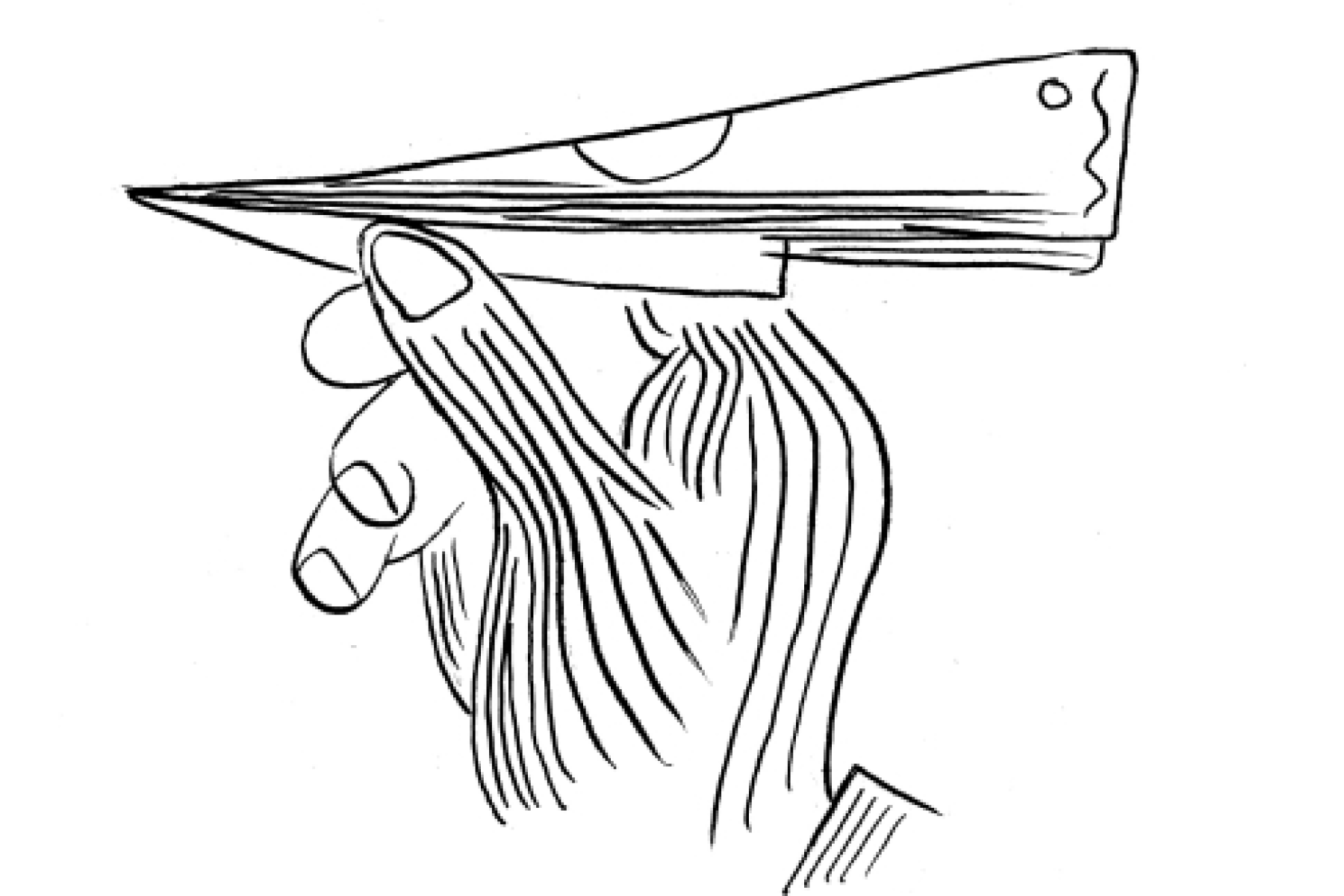
The Context
We think money is the spell that’s going to save us. If we can just secure some early funding, that will give us the fuel we need to take our idea to the next level. Turns out, however, having an abundance of cash is rarely the thing that sets our creativity free. Quite the opposite in fact. It might actually be hiding bigger problems. Money has the tendency to do that. It fogs our vision. Separating the niceties from necessities becomes harder with every dollar we raise. Ideo, the global design consulting company, writes in their book about innovation that too much cash allows people running a new venture to follow a flawed strategy for too long. Only by having barely enough money are the founders forced to adapt to the desires of actual customers.
The Tool
Capital Constraint
CAPITAL CONSTRAINT -- Using lack of cash as tension to exploit your intellectual capital and entrepreneurial energy in novel ways.
Overcapitalization often leads to waste, and waste leads to weak companies. Budgetary constraints, on the other hand, are a blessing. That's precisely the kind of tension growing companies need to do amazing things. Because nothing engages ingenuity like insolvency. Rock, the comedy legend, once said that comedians are funnier when they're broke, because they still have to take the bus. Ultimately, if you're worried that not having the capital you need is what's hurting your creativity, think again. It's a gift. Having less or no money is will force you to uncover your good idea more quickly.

Scott's Take
Having worked at startups, with startups, and having also run my own small enterprise for many years, I've seen this money trap play out numerous times. Here are just a few scenarios. Companies may overinvest money on customer acquisition, fooling themselves into thinking they actually have product market fit. When in reality, there's not significant demand for their offering. Or startups may overspend time and effort on their brand identity and design, forgetting that building a profitable business model is job number one. Only to learn that their beautiful marketing can't sell a product that nobody wants. Other startups overbuild their product with unnecessary bells and whistles, forgetting make sure the idea itself is sound. Realizing that they should have honed in on their value proposition instead of flexing their big muscles. And then there are brands that overhire their team and needlessly expand overhead expenses to a level that is unsustainable. Twelve months later, they are forced to lay off a third of their staff, move to a smaller office and deal with one hell of a company moral problem. As you can see, having an injection of capital isn't as strong an enabling force as it might seem.
The Rest
The constraint of being cash poor will challenge you to exploit your intellectual capital and entrepreneurial energy in novel ways. Let your insolvency trigger ingenuity. The fewer resources you have to dedicate, the more efficient and valuable your company will become. Is your need for more money a convenient excuse that takes you off the hook from executing?
The Benefits
Maintain clarity of vision on projects
Adapt more quickly to customer desires
Channel financial tension into creative action
Uncover good ideas more quickly